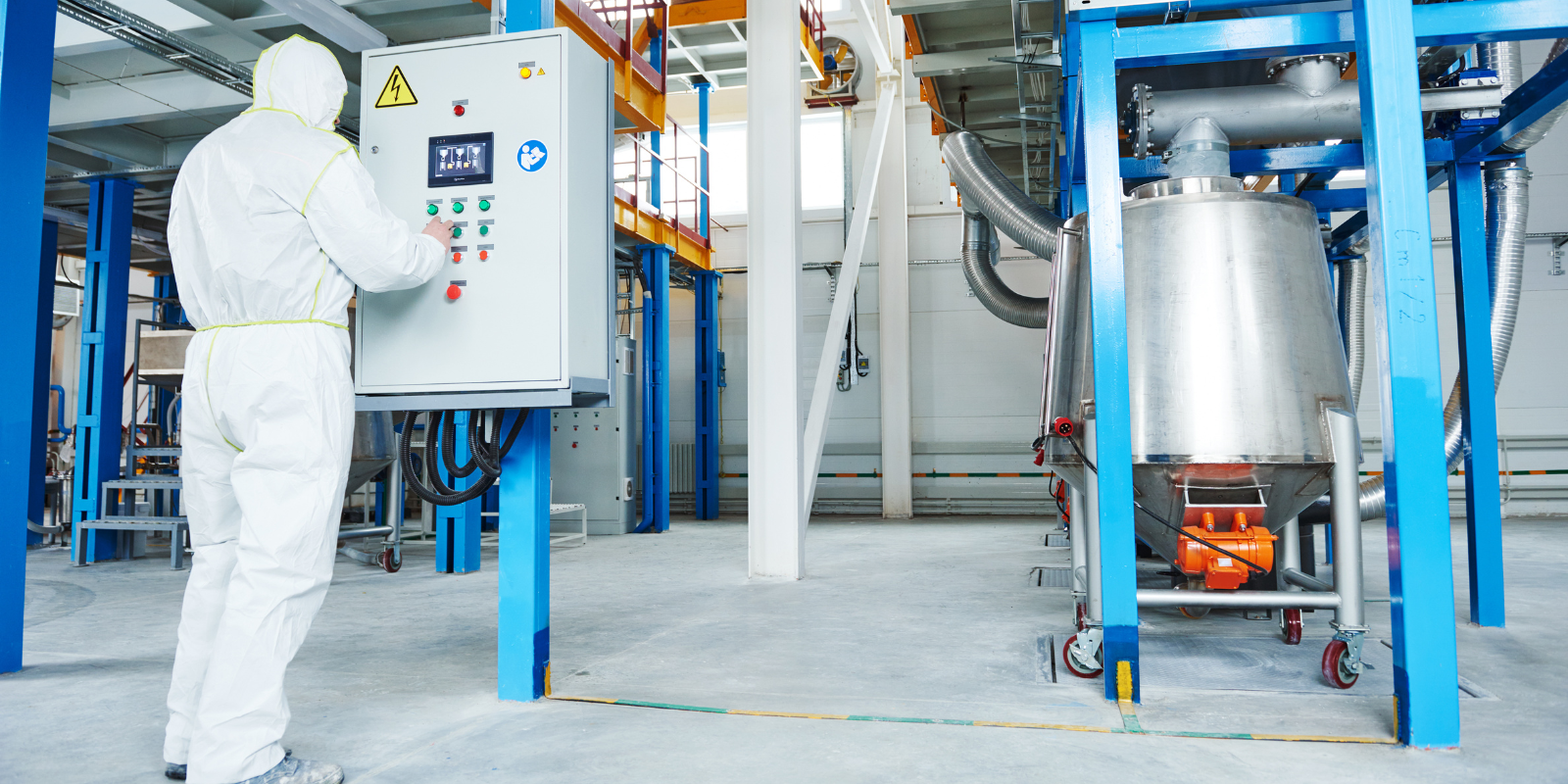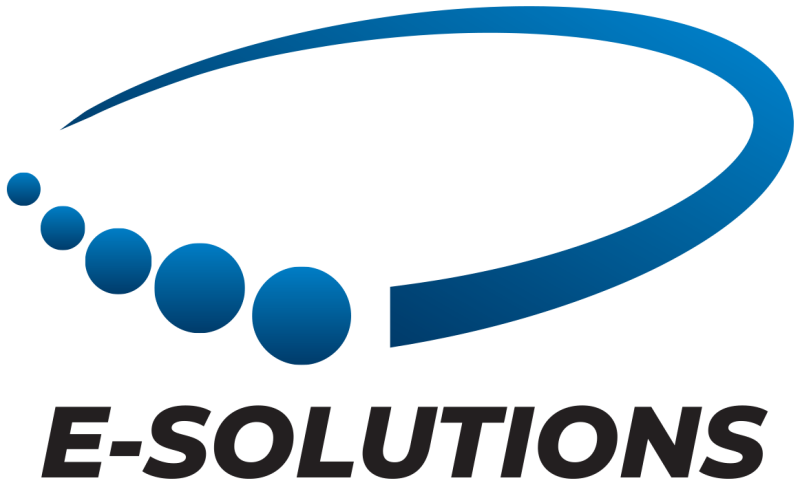The food industry operates in a high-stakes environment where quality, safety, and efficiency are paramount. From sourcing raw materials to ensuring timely delivery and maintaining regulatory compliance, data and analytics are at the heart of modern food production and distribution. However, the reliability of these systems depends on one critical factor: data & analytics testing.
In the food industry, data is generated at every stage of the supply chain—farm to factory, factory to fork. Ensuring this data is accurate, consistent, and actionable is essential for maintaining product quality, meeting consumer expectations, and complying with stringent safety regulations.
One of the most vital applications of data testing in the food industry is in quality assurance and control. Food manufacturers use analytics to monitor production lines, detect anomalies, and ensure products meet required standards. For example, sensors on packaging lines might monitor seal integrity or weight. Rigorous data testing ensures that these systems function flawlessly, reducing waste and ensuring customer satisfaction.
Another critical application is in traceability systems. With consumers demanding greater transparency, many food companies are implementing blockchain and analytics tools to track products from source to shelf. Data testing ensures these systems capture and validate the entire journey accurately, providing stakeholders with reliable traceability information.
Demand forecasting and inventory management are also crucial areas benefiting from robust data testing. Analytics tools use historical sales data, seasonal trends, and external factors like weather to predict demand. Testing these tools ensures their predictions are accurate, helping businesses optimize stock levels and minimize waste.
In the era of personalized consumer experiences, data & analytics testing is essential for marketing analytics. For example, tools analysing customer preferences and purchase behaviour must deliver precise insights for personalized campaigns. Testing ensures these tools work reliably, enabling food companies to create targeted promotions and boost customer loyalty.
Despite its advantages, implementing data testing in the food industry isn’t without challenges. Data is often sourced from multiple stakeholders—farmers, suppliers, transporters—leading to potential inconsistencies. Additionally, the industry faces increasing cybersecurity threats and stringent regulations like FDA FSMA or EU Food Safety standards. Testing frameworks ensure data security, compliance, and consistency across systems.
The benefits of data & analytics testing in the food industry are profound. From maintaining product quality to optimizing supply chains and delivering transparency, testing ensures that businesses can trust their insights and operate with confidence. In an industry where safety and reliability are non-negotiable, data testing provides the foundation for sustained success and innovation.





